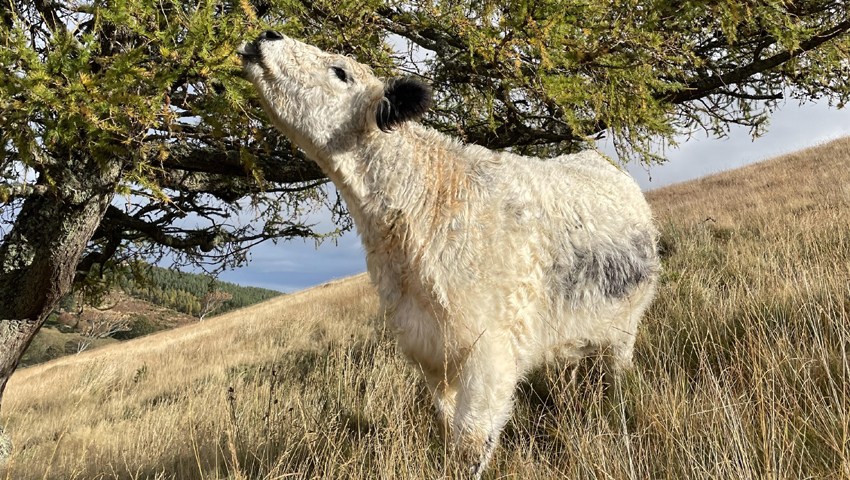Ruchi Tripathi has been appointed as the Global Alliance for the Future of Food’s new Climate and Nature Director. She replaces Patty Fong, who moved to the Climate Works Foundation earlier this year.
The Global Alliance for the Future of Food (GAFF) has become an increasingly important voice calling for the agroecological transformation of food systems.
In 2023 GAFF published a landmark report that shifted the focus from food system emissions to fossil-fuel reliance. The report was the first by an international NGO to call for a move away from the often distorting lens of carbon emissions.
At the time, Fong said, “To prevent catastrophic climate breakdown, we need to urgently wean our food systems – alongside other economic sectors – off fossil fuels. Shifting away from fossil fuel dependency towards renewable energy and regenerative and agroecological farming would not only protect our planet, but make food more affordable, enhance food security, create jobs, improve health, and help tackle hunger.”
Ruchi Tripathi has 25 years of experience in international development, human rights, gender and social justice.
She combines her unique global perspective with respect for the lived realities of those most affected by the climate crisis, gender and social injustice, marginalisation and hunger.
Tripathi said, “I am thrilled to start my role as Climate and Nature Director at the Global Alliance. Early in my career, I had the privilege to work with and learn from pioneers in the food sovereignty and agroecology movements in Asia, from communities preserving Indigenous rice varieties, fighting for land rights, and committed to making entire villages chemical and pesticide-free.
“Addressing a broken food system, like unjust patents, harmful subsidies, industrial agriculture, and the marginalisation of women smallholder farmers, has been a central plank of my work over the past decades. However, as important as it is to zoom in on all that is going wrong I realise this needs to be accompanied by creating, supporting and centring ‘alternatives’ and real solutions that work for millions of small-scale food producers, Indigenous Peoples, and rural women around the world.”
Tripathi set out her priorities. She said, “Growing food sustainably amidst a climate and ecological emergency requires upending industrial, fossil-fuel-driven food systems. To address the cross-cutting challenges of climate change, biodiversity loss, and hunger, we need to focus on two transitions at the same time:
“Firstly, turning agriculture and food from a source of the problem to a solution. Industrial agriculture accounts for nearly a third of greenhouse gas emissions and 15 per cent of global fossil fuel use annually.
“Shifting away from this requires moving multiple levers of power. Challenging political power and corporate capture by vested interests who resist regulatory and policy changes on the status quo. Influencing financial power, the ability and need to move money away from harmful subsidies towards sustainable food systems. And the power of knowledge and narratives in the public discourse—to not just fight the firehose of mis-and disinformation—but to also uplift the stories of change and demonstrate the possibility and necessity for a fairer, healthier and more just future.
“Secondly, investing in and supporting Indigenous and smallholder food producers in agroecological food systems and in a just transition to new and green jobs.
“It is exciting to see how philanthropy can work together to scale this transition by moving resources where they are needed the most. Agroecological enterprises and solidarity markets are crucial for food producers to build collective power and gain a greater share of their produce in markets.”
Image by Nikki Yoxall
